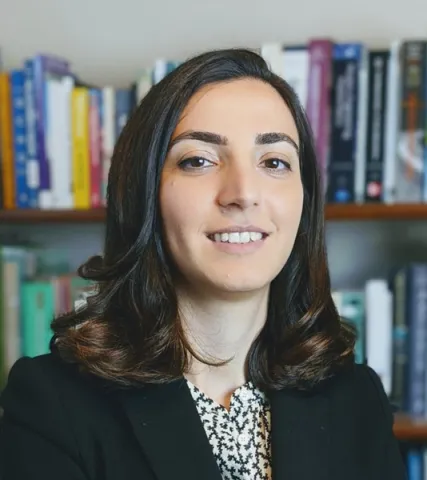About the project
Imagine aircraft that never need to land. This project pioneers the science of perpetual flight, developing intelligent control systems that let UAVs harvest energy from the atmosphere to fly indefinitely. Blending AI, reinforcement learning, and adaptive control, you’ll help create resilient, energy-neutral aviation, advancing autonomy, sustainability, and climate-friendly technology.
Perpetual flight has long represented a pinnacle challenge in aerospace systems design, offering the potential for persistent aerial presence in applications ranging from atmospheric science to surveillance, climate monitoring, and communications. Achieving this requires real-time location and exploitation of atmospheric energy sources, such as thermals, convective currents, and updrafts, that can sustain flight.
The vision of perpetual flight, UAVs soaring indefinitely by harvesting energy from the atmosphere, offers an exciting path towards sustainable aviation and climate-friendly aerial platforms. But to make this dream a reality, we need control systems that can remain stable in the face of turbulence, gusts, and chaotic atmospheric behaviour.
This project will develop robust, adaptive control strategies that enable UAVs to capitalise on soaring opportunities while operating with partial and uncertain information. You'll explore nonlinear control, reinforcement learning, and adaptive strategies that can balance energy harvesting with stability and safety in a constantly changing environment. The aim is to design controllers that are resilient to uncertainty yet efficient enough to deliver long-duration, energy-neutral flight.
The broader significance extends well beyond UAVs. The AI-driven control methods you'll develop for managing uncertainty, adapting to sparse sensing, and making real-time decisions in chaotic systems are directly applicable to autonomous vehicles, renewable energy systems, environmental robotics, and resilient infrastructure management. This project is ideal if you want to tackle some of the hardest problems in control and autonomy while contributing to the development of climate-resilient technologies.
This project is part of the UKRI AI Centre for Doctoral Training in AI for Sustainability (SustAI), a 4-year integrated programme (iPhD). You'll be part of a dynamic and diverse cohort, benefiting from expert mentorship and interdisciplinary collaboration. The programme includes comprehensive training in sustainability, AI and machine learning, and digital design, preparing you for a career at the forefront of research in this area. You'll have access to state-of-the-art facilities and resources, fostering an environment of innovation and excellence.
The School of Electronics and Computer Science is committed to promoting equality, diversity inclusivity as demonstrated by our Athena SWAN award. We welcome all applicants regardless of their gender, ethnicity, disability, sexual orientation or age, and will give full consideration to applicants seeking flexible working patterns and those who have taken a career break. The University has a generous maternity policy, onsite childcare facilities, and offers a range of benefits to help ensure employees’ well-being and work-life balance. The University of Southampton is committed to sustainability and has been awarded the Platinum EcoAward.
